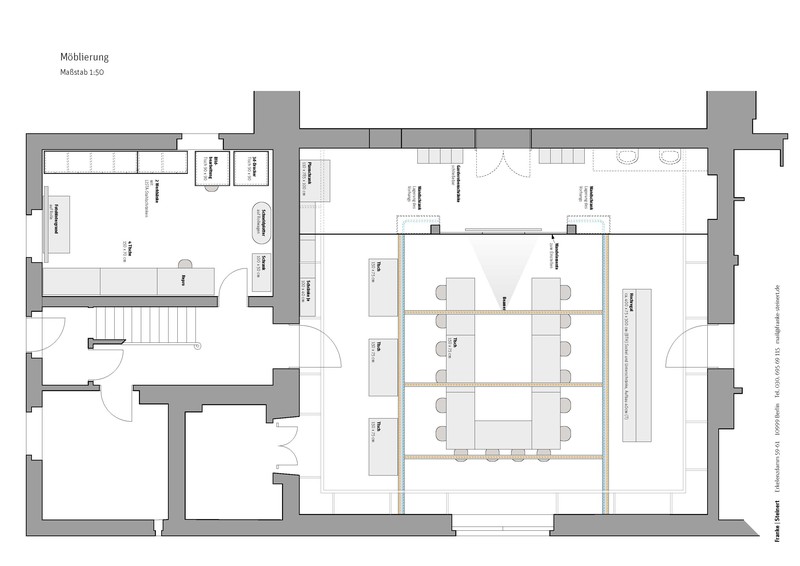Possible Uses
In the considerations and regulations governing possible uses of the Sound Archives via the Internet legal framework conditions such as personal rights and copyright overlap with aspects of archive organization and cultural ethics in that some of the recordings were made under duress, such as in prisoner of war camps. This raises issues of an active and responsible role on the part of both users and the Sound Archives, such as how knowledge about individual recordings can be provided for further research. Possible uses are the subject of an ongoing discussion, so that changes to usage policy in line with framework conditions and utilization scenarios are possible.
Freely Accessible Data
The database catalog can be researched without restrictions and the written documents that have already been digitized (the accompanying documentation until 1918) can be viewed online. But only a few selected recordings can be heard online. The aim at present is to convey an impression of the categories and thereby to provide representative samples of the archives.
Request for Registration and Feedback
If you are interested in more recordings please contact the Sound Archives. You will then be granted access to them and in return requested to provide the Sound Archives with material from your work such as translations, transcriptions or interpretations of the recordings and specimen copies of publications about them. Authorship of this material will of course be duly acknowledged. This procedure seeks to facilitate a cooperative, transdisciplinary, and transcultural approach to the Sound Archives recordings. At the same time we aim to set up and develop a meta-archive so as to facilitate and document progressive discussions about the material. A continuous, multi-perspective enrichment of the collection is our objective.
Site Visits
Sound Archives recordings and accompanying documentation can also be heard and viewed on-site. We are happy to advise students and others who are interested if, for instance, as a part of their studies or their qualifications they would like to deal with the Sound Archives inventories, history or current use. The Sound Archives also actively support the use of recordings for exhibitions and radio and TV programs.
Restrictions
The Sound Archives reserve the right to reject requests for recordings if no clear interest is apparent or if derogatory, nationalist or racist forms of use are to be feared. If research on individual recordings reveals that publication would go against a speaker’s wishes, publication would not go ahead. Should you come across a use of recordings from the Sound Archives that you consider to be inappropriate for cultural or ethical reasons we would be pleased to hear from you.
Data Formats
After you contact the Sound Archives we will first provide you with MP3 files. WAV files are also available and can be supplied for publications, presentations and the like.
Further Considerations
In the summer semester of 2015 a research seminar dealt inter alia with access to recordings. Entitled “You Have My Word – Legal and Cultural-Ethical Criteria for the Use of Recordings from the Sound Archives of the Humboldt-Universität in Berlin”, its findings were summarized in a dossier: the “You Have My Word” dossier.

